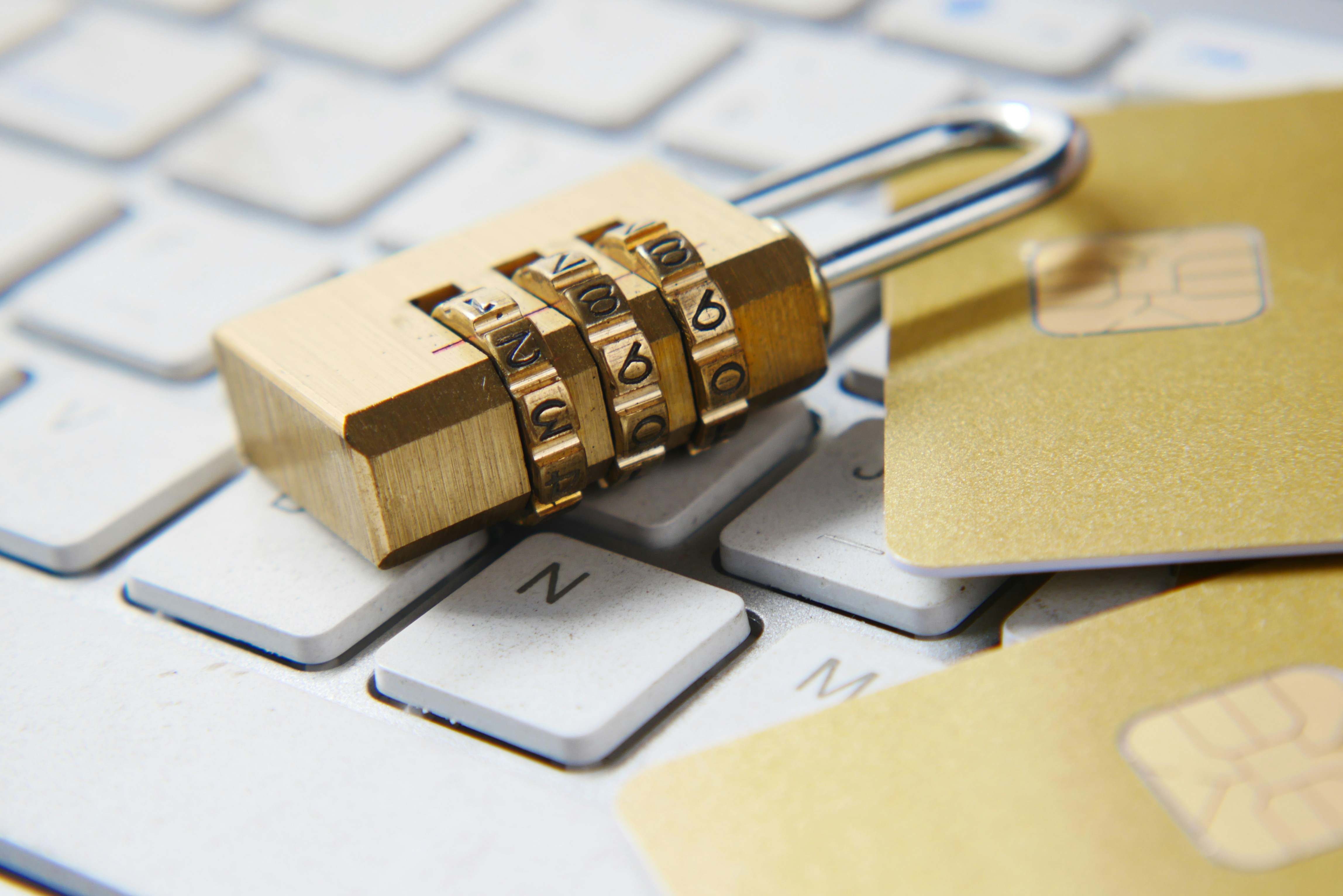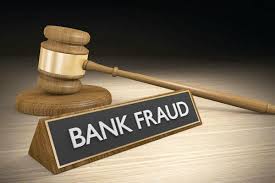What is Bank Fraud?
Bank fraud refers to any illegal activity that involves the theft or manipulation of money, assets, or financial services within the banking system. Criminals engaging in bank fraud use various methods to deceive both financial institutions and their customers. These activities can involve fraudulent transactions, unauthorized access to accounts, identity theft, or the creation of fake banking products. As financial systems become more advanced, so do the tactics used by fraudsters, making it essential for individuals and institutions to stay vigilant and take protective measures.
Types of Bank Fraud:
-
Credit and Debit Card Fraud
Fraudsters can gain unauthorized access to credit or debit card information and use it to make fraudulent transactions. This often occurs through phishing scams, data breaches, or stolen physical cards. -
Loan Fraud
This involves providing false information or misrepresentation to obtain loans, either through forged documents or misused identities. Fraudulent loan applications can lead to significant financial loss for both banks and individuals. -
Identity Theft
Criminals obtain personal information, such as Social Security numbers, bank account details, and credit card data, to impersonate individuals and commit fraud. Identity theft can lead to unauthorized transactions or the opening of fake accounts. -
Wire Transfer Fraud
Fraudsters can trick individuals or businesses into transferring funds through false instructions or fake communications. These scams can involve a wide range of tactics, such as impersonating bank representatives or creating fake emergencies. -
Cheque Fraud
Fraudulent activity involving cheques can include forgery, altering cheque amounts, or creating fake cheques. This type of fraud often targets businesses, where criminals may attempt to cash fraudulent cheques under the guise of a legitimate transaction. -
Online Banking Fraud
As online banking becomes more prevalent, cybercriminals are increasingly targeting users with phishing scams, malware, or hacking attempts to gain access to online bank accounts and steal funds.
How Bank Fraud Happens:
-
Phishing and Social Engineering
Scammers may impersonate legitimate bank representatives or institutions and request sensitive information, such as account details, PINs, or passwords. These tactics often occur through emails, text messages, or phone calls designed to trick the recipient into providing their information. -
Data Breaches and Cyber Attacks
Hackers often gain access to large volumes of sensitive financial data by exploiting vulnerabilities in bank security systems or third-party services. Once accessed, this information is sold on the dark web or used directly to commit fraud. -
Fake Banking Websites
Fraudsters often create counterfeit websites that look similar to legitimate banking portals. These fake websites trick customers into logging in and sharing sensitive details, such as account numbers or passwords. -
Manipulation of Bank Records
Fraud can also involve altering bank records, transferring funds between accounts without authorization, or falsifying documents to make illegal transactions appear legitimate.
How to Protect Yourself from Bank Fraud:
-
Be Cautious with Personal Information
Always verify the legitimacy of any request for personal or financial information, especially if it comes from an unsolicited source. Avoid sharing sensitive details over phone calls or emails unless you are certain about the request's authenticity. -
Use Strong, Unique Passwords
Strengthen your online banking security by using complex passwords that are unique to each account. Enable two-factor authentication where available to add an extra layer of protection. -
Monitor Your Bank Statements Regularly
Keep a close eye on your bank accounts and credit statements for any unauthorized transactions. Immediately report any suspicious activity to your bank or financial institution. -
Avoid Public Wi-Fi for Banking Transactions
Avoid accessing your bank accounts over unsecured, public Wi-Fi networks. Use a secure internet connection, such as a personal hotspot, when conducting sensitive financial transactions. -
Be Wary of Phishing Attempts
Look out for emails, texts, or phone calls that ask you to verify account details or provide sensitive information. Always verify the identity of the person or organization contacting you before taking any action.
Recovering from Bank Fraud:
If you’ve fallen victim to bank fraud, it's critical to act quickly. At Nettracepro, we specialize in investigating financial crimes, tracking stolen funds, and working with authorities to recover assets. Our team uses advanced forensic tools and investigative techniques to trace fraudsters and bring them to justice.
Contact Nettracepro today to discuss how we can assist in recovering your lost funds and protecting your financial future from further fraudulent activities. Whether it’s through identifying fraud patterns, tracing stolen funds, or providing expert testimony, we are here to help.







